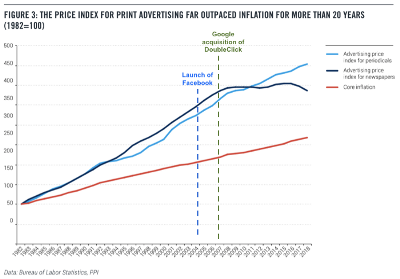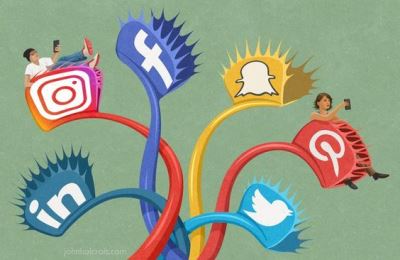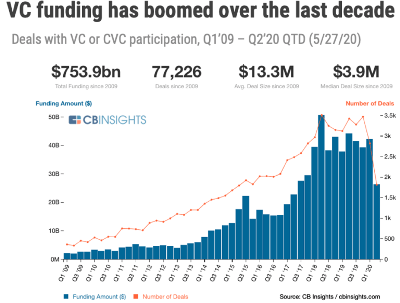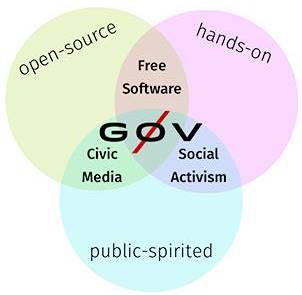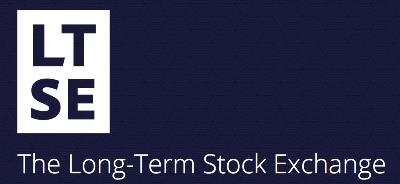Stuart Buck’s post ‘Escaping science’s paradox‘ addresses the current science reproducibility crisis, and in particular if the current context of replication issues and suspicions could diminish innovation. His view is that “I do not think there’s a contradiction between reproducibility and innovation. Contrary to common belief, we can improve both at once“.

The paper first gives a raft of useful references about the issues of reproducibility and the apparent decrease of innovation (compared to the budgets spent) in science today. One particular issue is the capability of institutions to fund ‘out of the box’ innovative research.
The author proposes to achieve a consistent high rate of innovation “by incentivizing failed results, and by funding “Red Teams” that would aim to refute existing dogma or would be entirely outside it.” He first proposes to make sure there is less bias towards positive results in publications by enticing publication of null result experiments or even negative results experiments. And then he proposes to make sure there is always an independent challenge to avoid groupthink, and that systematic replication of important results should be funded.
It is quite interesting to observe how improving the outcome of scientific research ends up being a psychological balance exercise, making sure to erase biases towards positive results and providing means to foster innovation. This demonstrates how the shaping of the institutional framework is important to achieve the results we need for scientific research.
On the same topic – read our previous post ‘How to Overcome the Science Reproducibility Crisis‘

